Leadership Challenges
Insights into the leadership & business challenges facing today's business leaders.
Create and maintain competitive advantages for your business, with Fujitsu.
Insights for leaders
AI in action: Cross-industry collaboration and real-world impact

2025 Fujitsu CxO survey: Future focused transformation

Working with agentic AI and its potential risks

People and AI: Fujitsu's vision for the future of business

The Instant Answer Revolution: Transforming the digital economy

Social Digital Twins: A Public Sector Adoption Blueprint

Transforming Travel: How AI Reshaping The Travel Experience

AI Adoption: AI Upskilling a Strategic Blueprint

5 Signs: Your Pace of AI Adoption Is Uncompetitive

Agentic AI: A Blueprint for Sustainable Organizational Transformation

IoT: Unlocking Increased Sustainability

Agentic AI: Hyper-Personalization of Customer Engagement

AI Powered Cybersecurity: The next generation of Cybersecurity
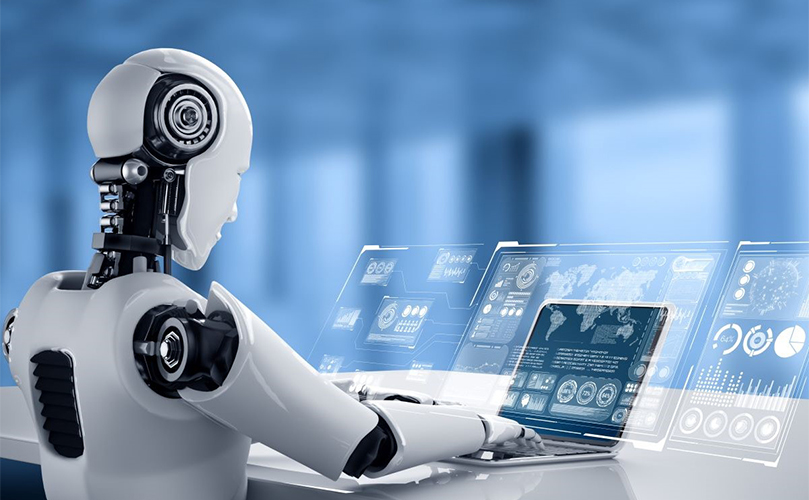
Five Steps to Demonstrating AI Business Value: A Tactical Blueprint

AI Powered Brainstorming: Enhanced brainstorming with generative AI

Agentic AI: The technology catalyst for the next generation of Digital Transformation (DX2.0)

AI Powered Supply Chains: Enhancing efficiency and sustainability

Sustainable AI – Building on System Modernization

Sustainable AI – Creating Tomorrows Urban Living

Sustainable AI – Realizing End-to-End Supply Chain Opportunities

Sustainable AI – Leading Industry into the Intelligent Age

Sustainable AI – Transforming Agriculture

AI Transformation: Do your people have the AI skills they need?

Sustainable AI - At the core of the Energy Revolution

AI-enhanced public services: A strategic blueprint

Sustainable AI – Solving the “Double Materiality” Challenge


Next generation AI trust: Powered by RAG and Graph AI

Total Experience Design: For today’s experience-driven economy

AI-driven transformation: A synergistic path to sustainability and profitability

Unlocking Net-Zero: The role of emerging technology

Enhancing AI sustainability: With AI on the edge

Generative AI: Redefining consulting in the digital age

AI Model Collapse: Identifying and mitigating the risks

The future of security - An introduction to ambient authentication

The Rise of Shadow AI - Implications for Privacy, Security, and Ethics

The Regenerative Enterprise: A New Sustainable Enterprise

The new skill for the digital age - Why prompt engineering matters

Mini AI Models- Transforming Enterprise Efficiency and Innovation

AI Powered Customer Experience-Generative AI Transforming Customer Experience

2024 Fujitsu SX Survey: Accelerating Sustainability Transformation with AI

Beyond Net-Zero - The emergence of Net-Positive enterprise

Tech & Vendor Rivalry Speeds the Arrival of Quantum Computing Age
(Link will be updated when page is ready)

2024 Fujitsu SX Survey
Charting a course for change

The emerging role of Generative AI in learning & development
(Link will be updated when page is ready)

Powering the next generation of discovery
Quantum Simulator Challenge



Workforce augmentation maybe the next big disrupter?
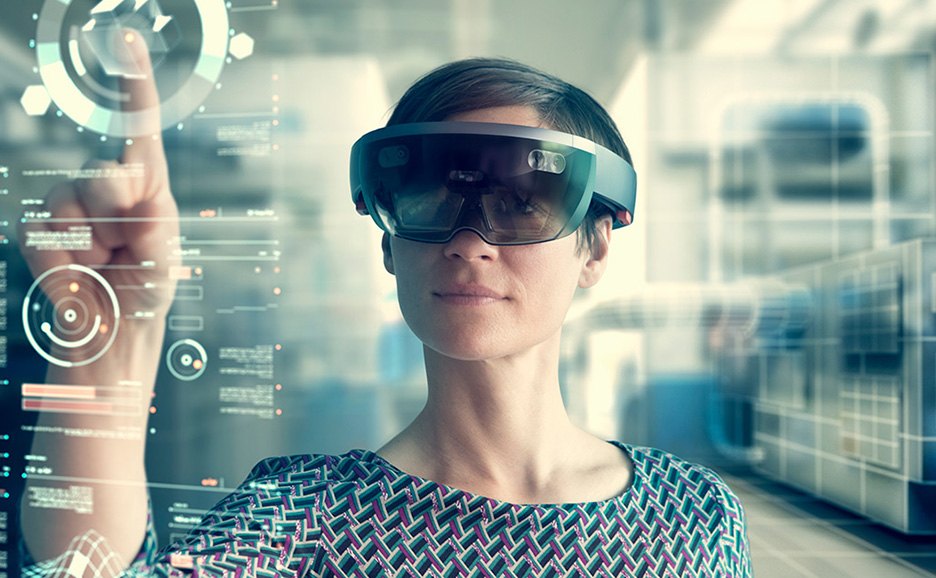
Digital Transformation in Manufacturing: Top challenges CxOs face and proven solutions
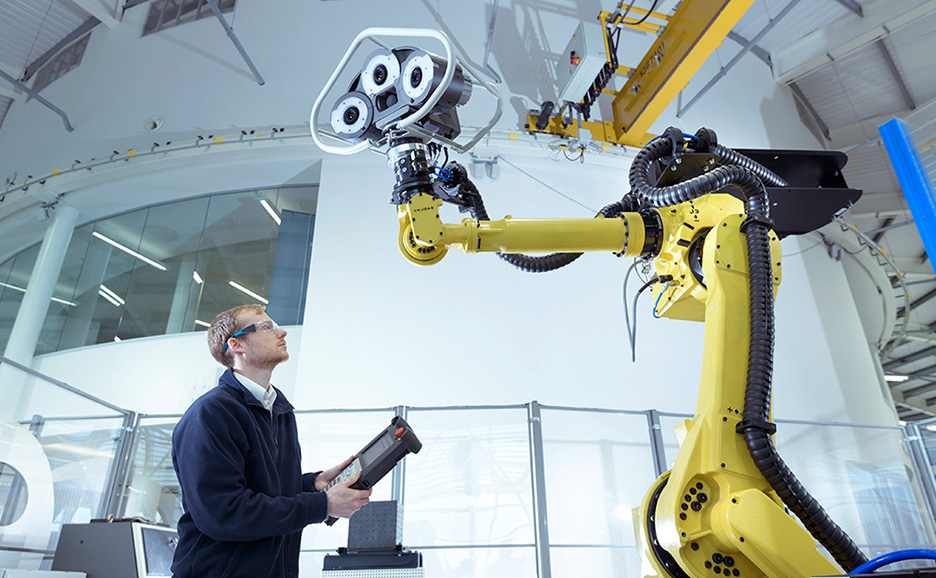
Digital Transformation in Manufacturing: Top challenges CxOs face and proven solutions
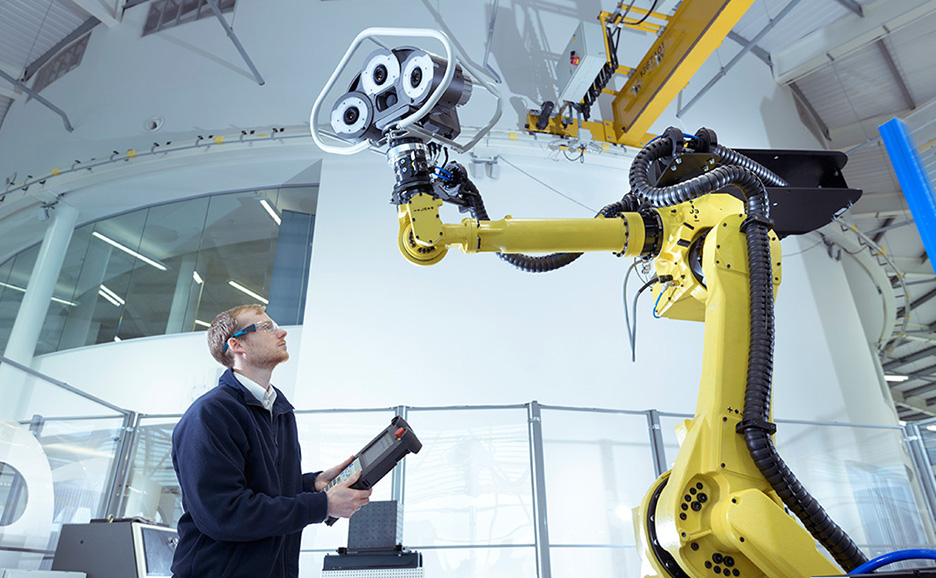
Digital Transformation in Manufacturing: Top challenges CxOs face and proven solutions
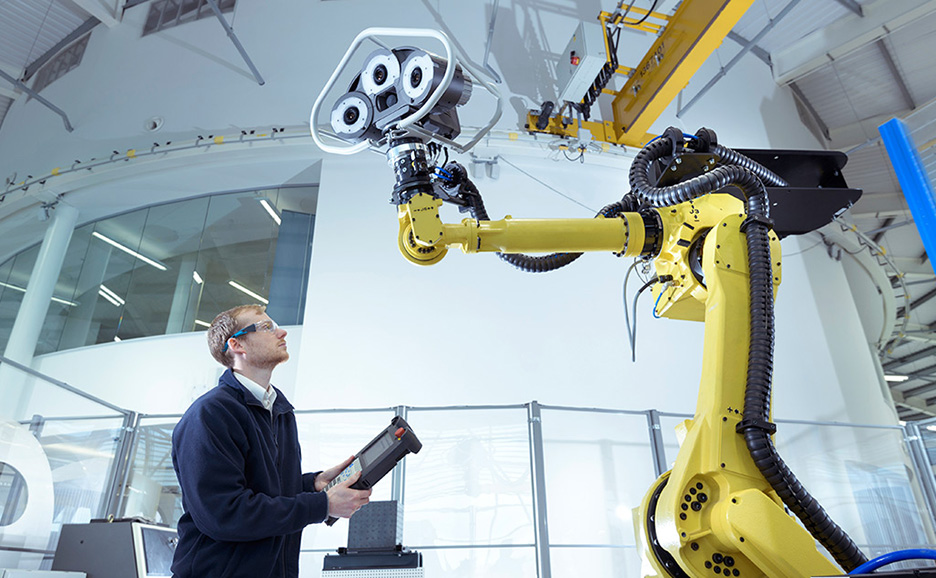
Global Sustainability Transformation Survey Report 2022
Download our latest global insight report in 2022. We reveal the newest business leader's priority, 7 challenges & 4 best recommendations.


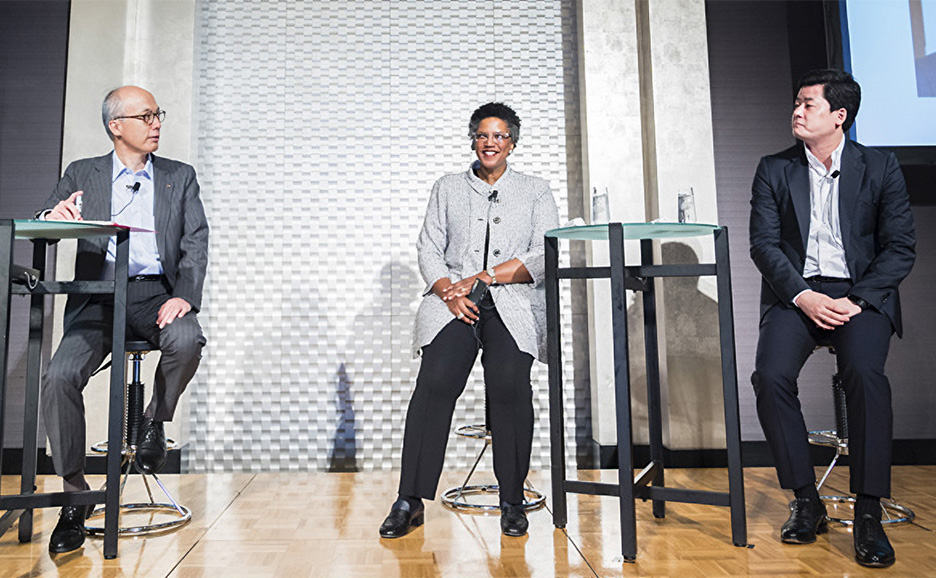
How can we rebuild trust in the digital world?
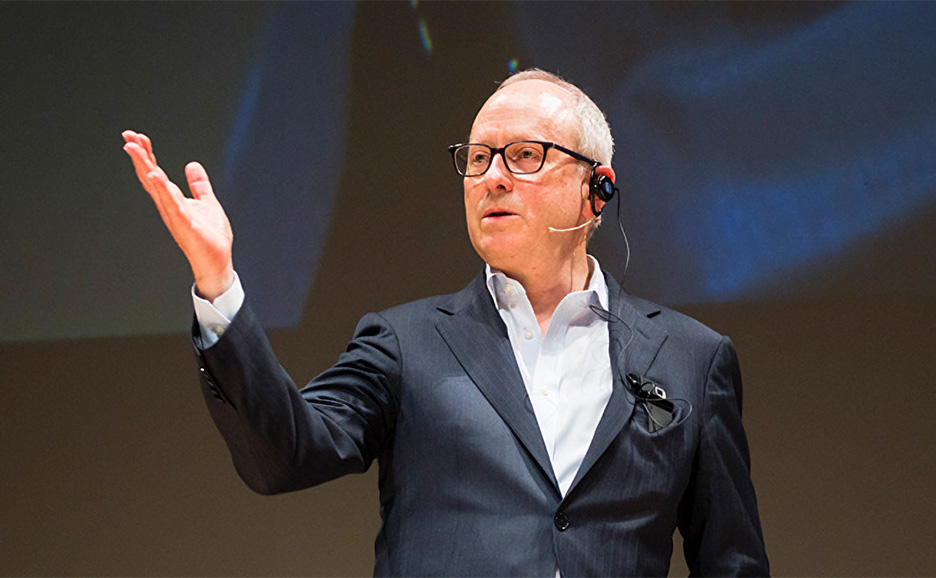
Striking a Balance: What Tech Companies Must Do To Win Back Their Customers’ Trust
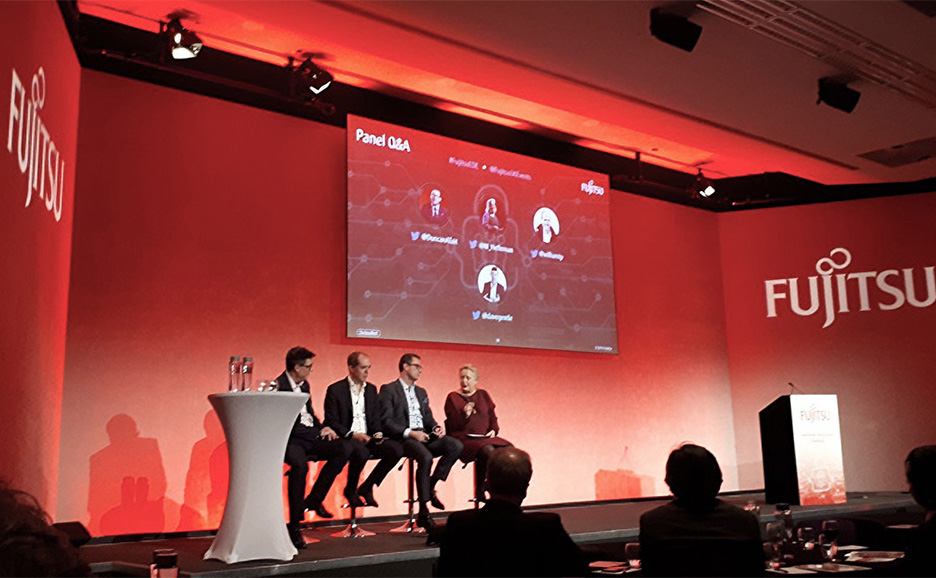
Reinventing the Automotive Industry with Intelligence and Connectivity
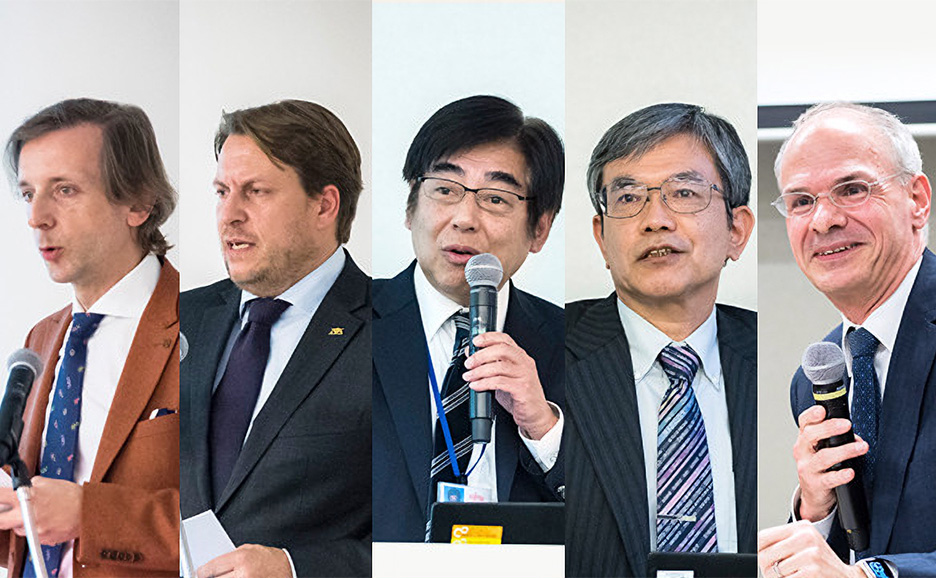
The Fourth Industrial Revolution and the New Lifestyle
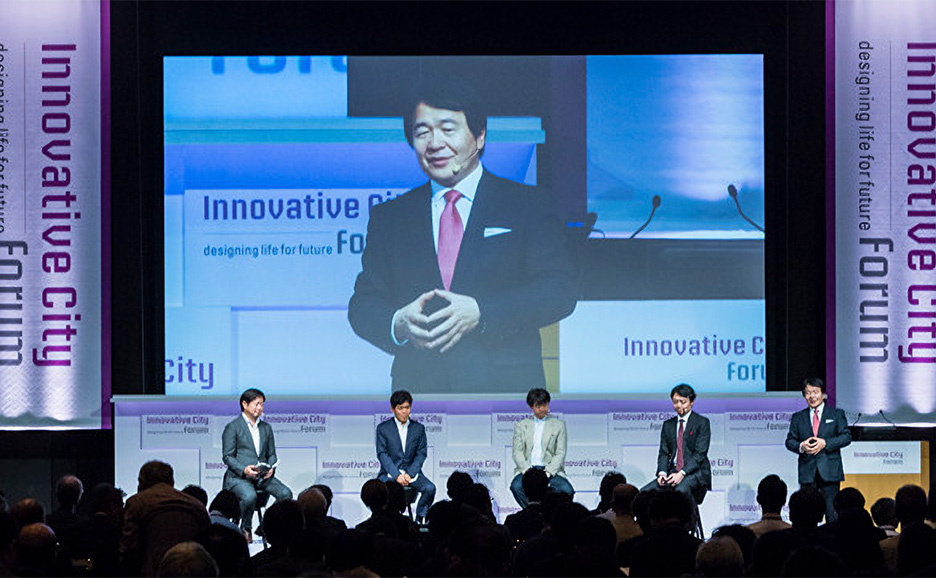
Rediscovering Drucker's Theory of Innovation
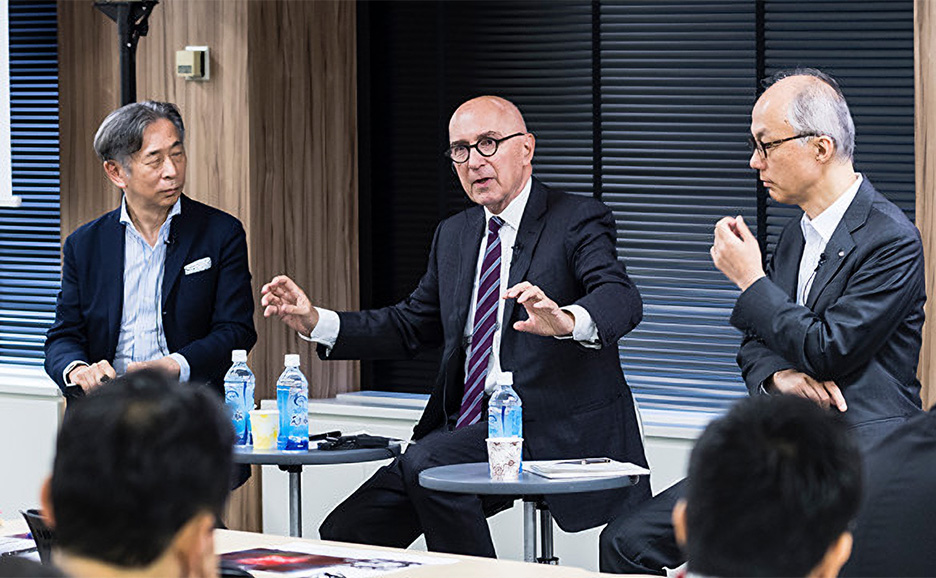
Digital Enables Disruptive Visions
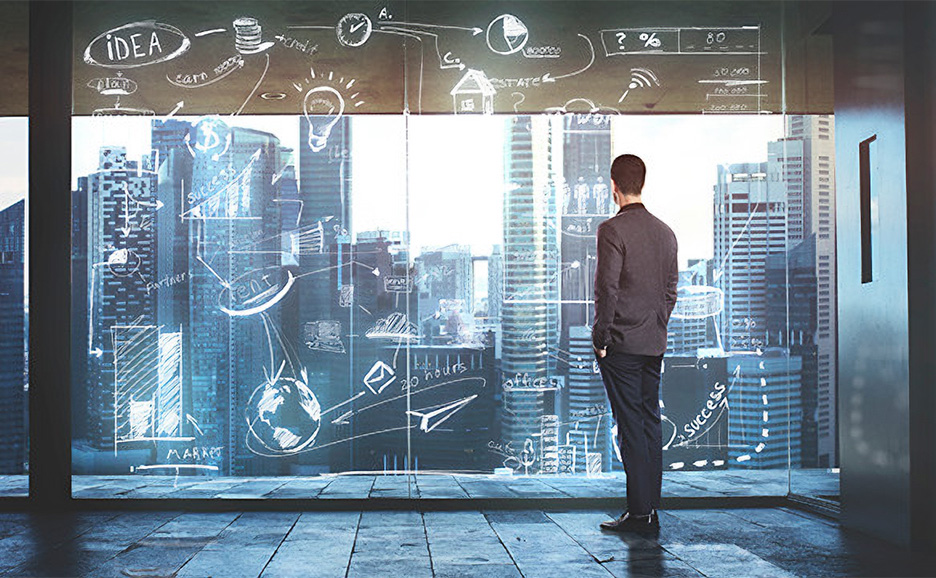
Opportunities and Challenges in the 100-Year Life
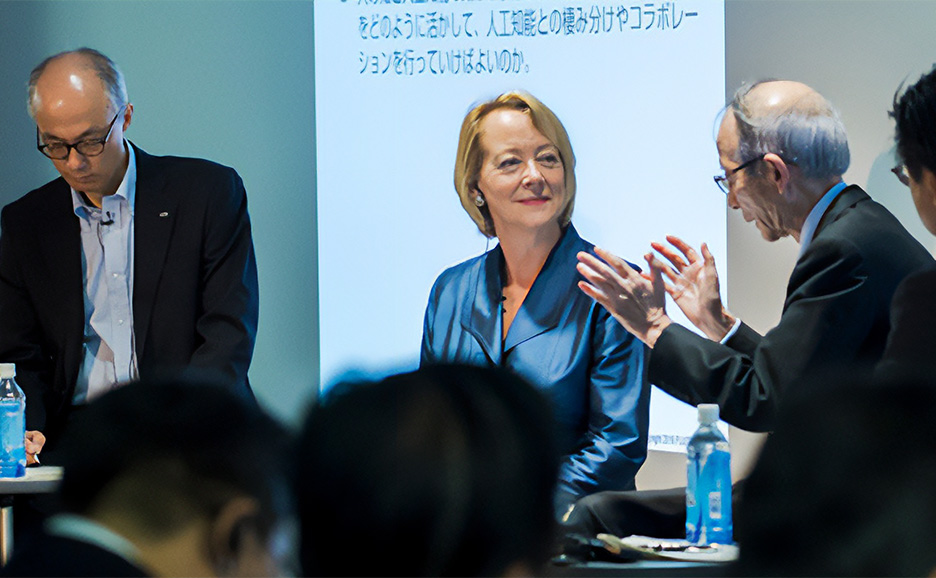
How Has the COVID-19 Pandemic Changed the Future?
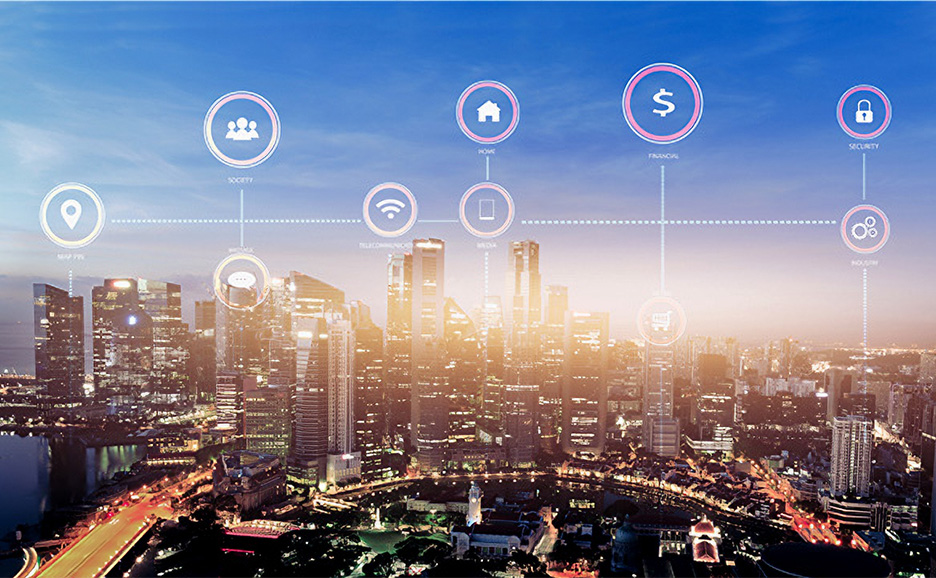
What is necessary for a "hybrid digital" work model to succeed in the next normal?

Transformative 5G in the IoT Era: how to realize its potential, from verification to implementation

Achieving Efficiency and Resilience Across Global Supply Chains with Digital Technology
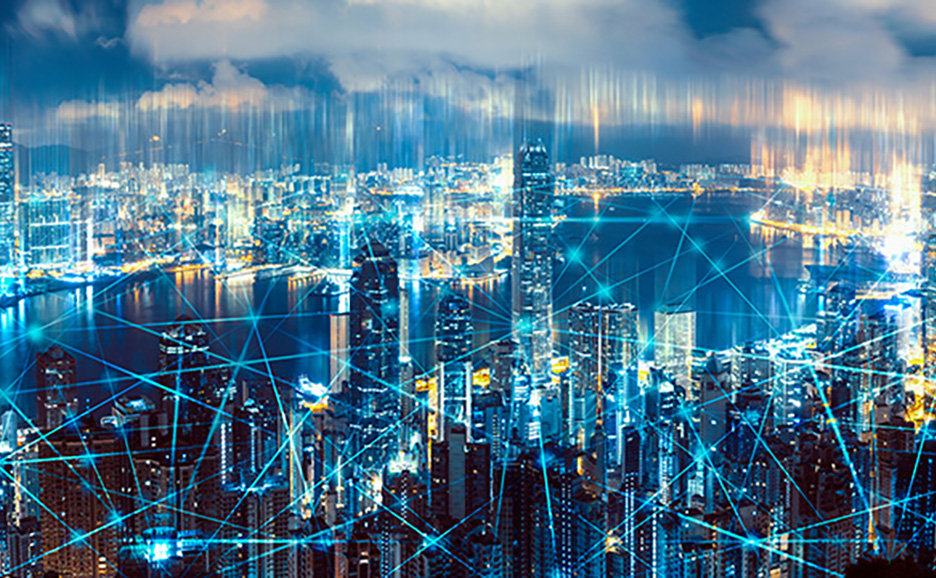
Creating Disruptive Innovations
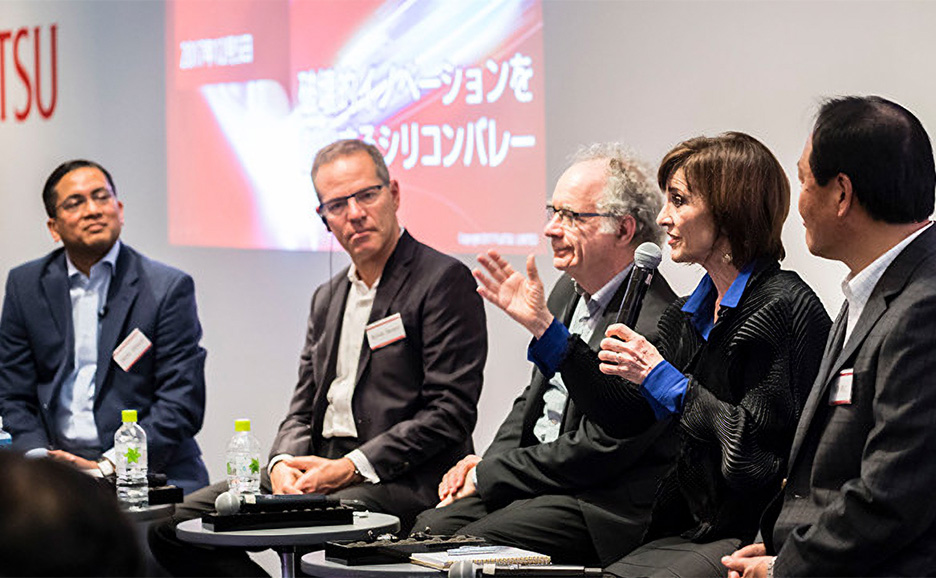
The Shift towards the 100-Year Life

A Growth Strategy for the Digital Age
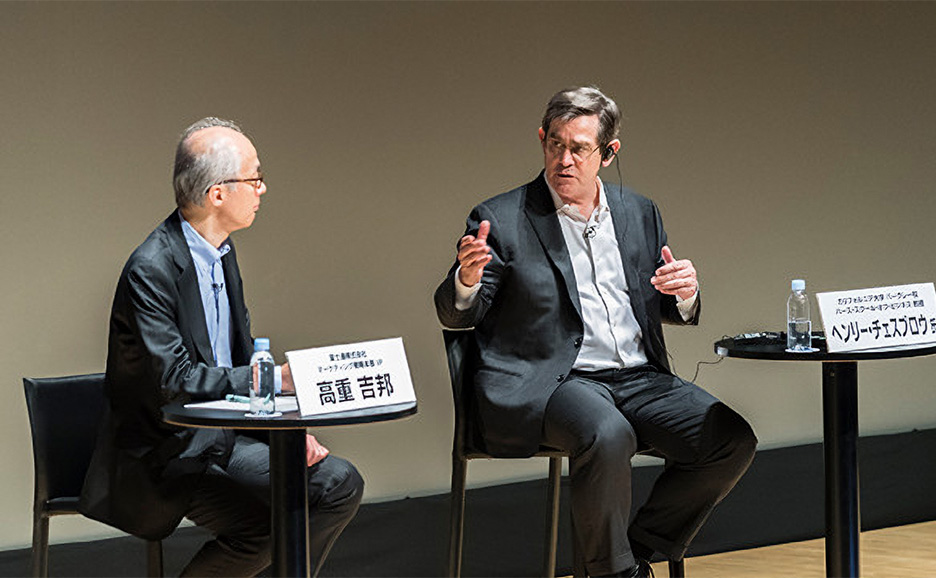
Transforming Your business through co-creation
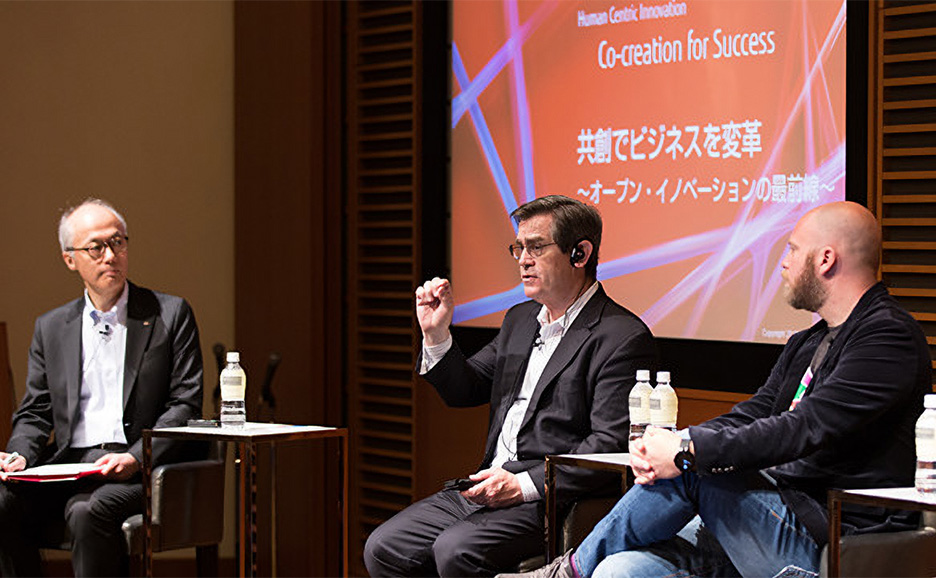
Creators Driving the Fourth Industrial Revolution
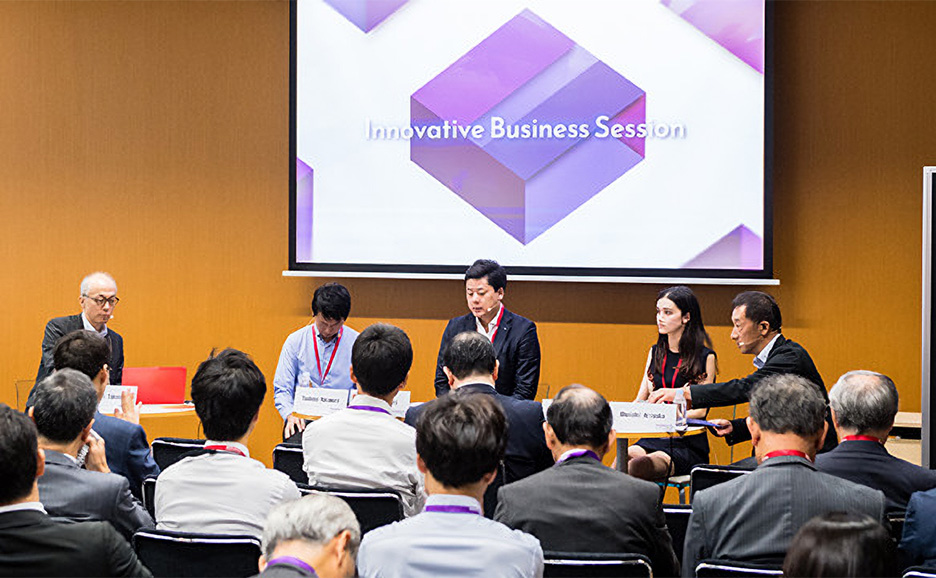
Digital Transformation and the End of Competitive Advantage
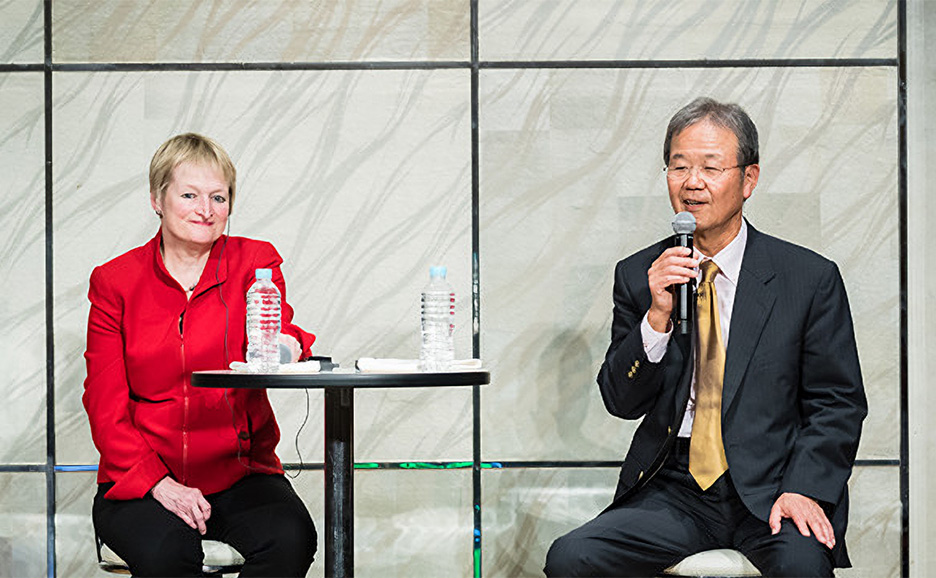
Embracing the future of hybrid working

